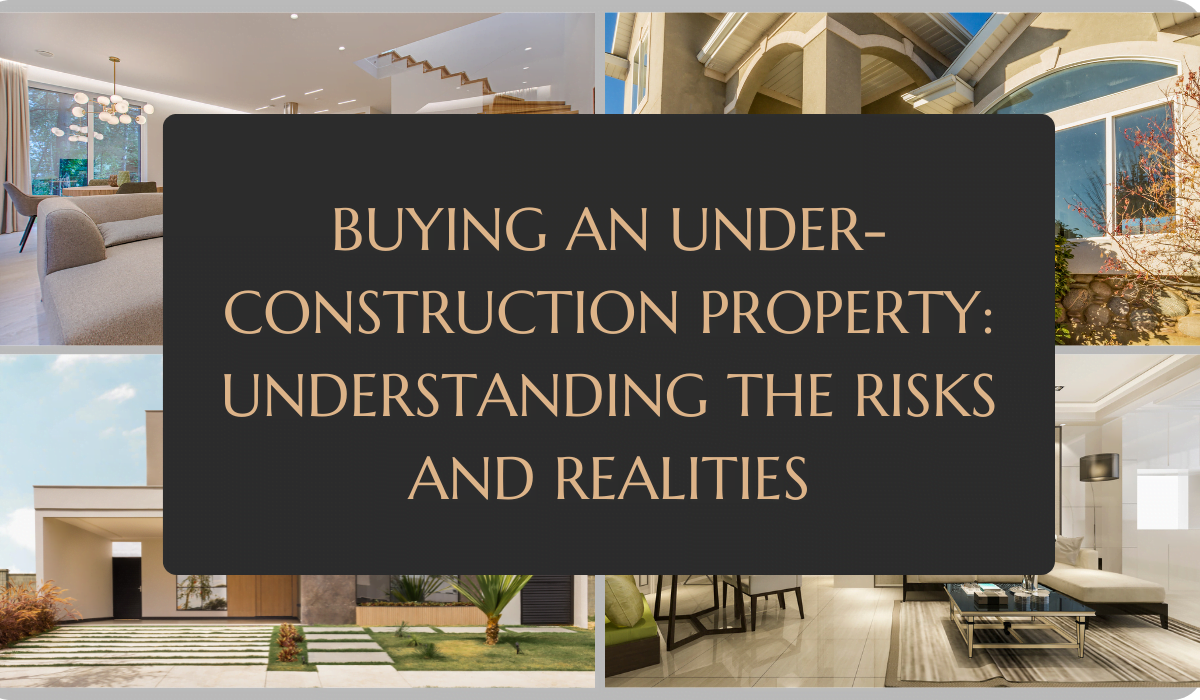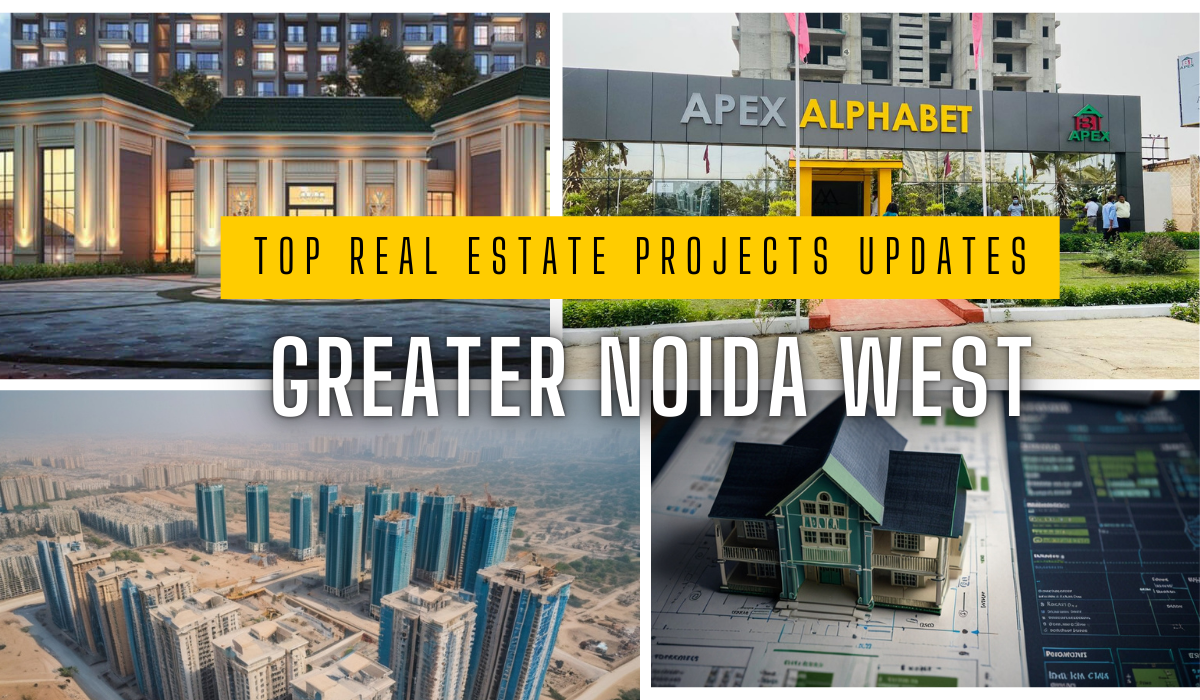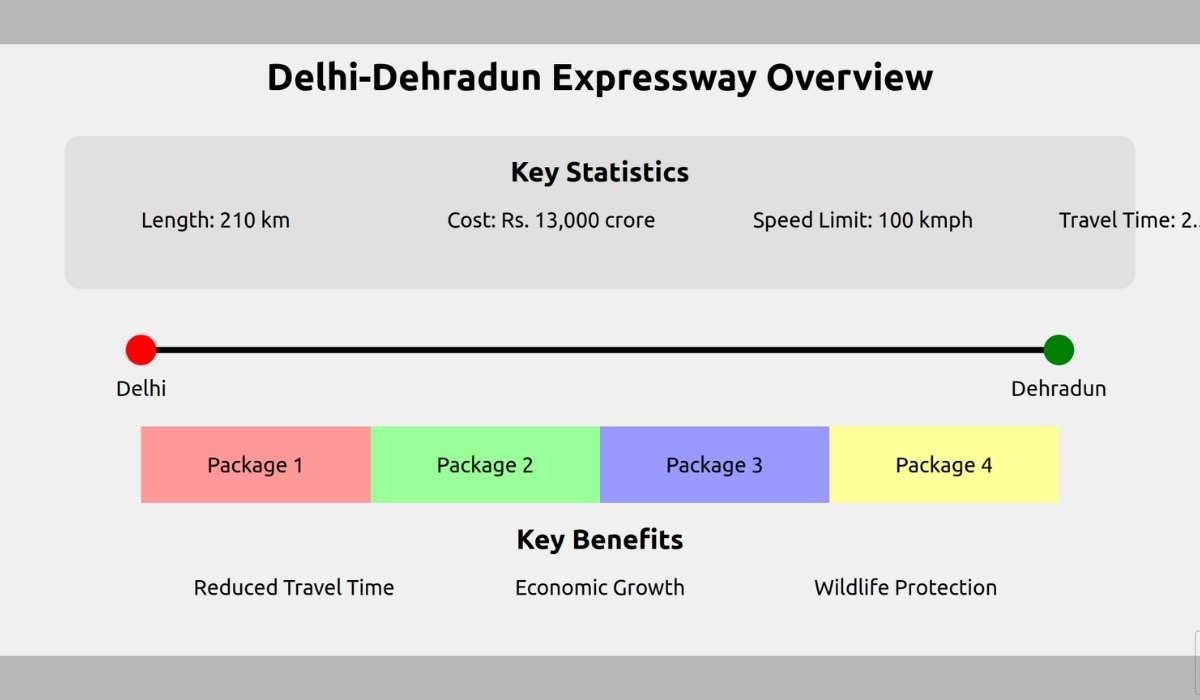At the age of 24, I made the purchase of my inaugural property, which happened to be a house that was still in the process of being built. I believed it would be a splendid notion, accompanied with enticing payment options and the assurance of acquiring a pristine residence. Nevertheless, my experience was really unsatisfactory. I encountered numerous challenges, including delays, undisclosed expenses, and various other complications. It quickly became apparent to me that I was not the sole individual encountering these difficulties.
Introduction
This article will discuss the practical challenges and potential hazards associated with investing in buildings that are still under development. Although there are advantages, it is crucial for purchasers to comprehend the difficulties and make a knowledgeable choice.
Issues with Developers:
One of the primary challenges encountered when purchasing a property that is still under construction is the disparity between the advertised floor plan and the actual dimensions of the unit upon possession. Developers frequently showcase the largest residences as examples, which might potentially deceive prospective purchasers. First-time homebuyers often struggle to comprehend the master plan and see the ultimate outcome.
Another concern arises from the disparity between the promoted claims and the actual fulfillment of such claims. The features that were promised, such as views of the clubhouse or furnishings from specific companies, may not meet your expectations. Developers frequently employ ambiguous language in their agreements, which grants them the ability to implement modifications that may not align with the buyer’s original intentions.
Financial Risks:
Financial risks are inherent when purchasing an under-construction property, which might have adverse effects on your budget. It is frequently observed that there are delays in obtaining ownership, and projects generally exceed the stipulated timeframe. This situation might result in increased expenses for the purchaser, who may be required to cover both rental payments and pre-EMI interest on their home loan throughout the prolonged construction phase.
Furthermore, the subvention scheme, previously favored by buyers, has been formally prohibited since 2019. Nevertheless, certain developers have discovered methods to circumvent this issue by compensating purchasers for the interest incurred before the equated monthly installment (EMI) period. If the developer does not fulfill their obligation to repay, the buyer is responsible for the financial consequences.
Tax advantages are an additional aspect to take into account. In order to be eligible for tax benefits on your home loan interest or principal payments, you must first get ownership of the property. Furthermore, purchasing the home with the purpose of selling your current residence can result in capital gains tax complications if there are delays in taking possession.
Effect on Lifestyle:
Residing in a property that is currently being constructed can significantly impact the overall quality of your life. The continuation of work during the later stages of the project may result in noise, air pollution, and disruptions. The complete availability of essential utilities may be delayed until the completion of all phases, resulting in inhabitants being unable to utilize the amenities they have already paid for.
Buyers lack autonomy over their community in an ongoing building project. The suitability of a community, in terms of its alignment with your life stage and tastes, can only be determined once you have acquired it.
Advantages and Factors to Consider:
Although there are notable dangers associated with purchasing a house that is still under construction, there are certain perks that should be taken into account. The availability of more convenient payment choices, including the flexibility to distribute expenditures over an extended period, is a significant factor that appeals to several purchasers. Properties that are still being built have a wider range of options when it comes to the direction they face, the amount of sunlight they receive, and their adherence to vastu principles.
Developers frequently offer enticing bonuses and discounts for projects that are still being built. However, it is crucial to thoroughly evaluate the actual worth of these benefits in comparison to any possible disadvantages.
Unlock Your Dream Home Today!
Get personalized real estate insights delivered straight to your inbox.
Advice for Prospective Purchasers:
Conduct comprehensive study on the developer’s track record and previous undertakings.
Seek legal counsel to comprehend the agreement and ascertain any potential hazards.
Ensure that you possess a comprehensive comprehension of your financial capacity and allocate funds for unforeseen expenses.
Take into account the enduring impacts of the location and area on your way of life.
Evaluate the advantages and disadvantages in an unbiased manner, prioritizing your individual requirements and objectives.
Whenever feasible, choose for a property that is already built and ready for occupancy to mitigate the numerous hazards typically connected with projects that are still under construction.
Conclusion:
To summarize, although under-construction properties may initially appear attractive, it is crucial not to overlook the associated risks and reality. First-time homebuyers and end-users typically find that a ready-to-move-in option is a more secure decision. Nevertheless, individual circumstances and personal tastes may vary. Through acquiring knowledge and thoroughly evaluating the pros and drawbacks, we may make well-informed choices that are in line with our future aspirations and ambitions.
Main Points:
- Purchasing under-construction properties entails substantial risks and hurdles for buyers.
- Issues arising from discrepancies in design and features amongst developers might result in feelings of dissatisfaction and annoyance.
- Budgets and financial plans might be disrupted by financial risks such as delays in possession and tax repercussions.
- The impact of factors such as continuous development and a lack of control over the area can have a detrimental effect on one’s quality of life.
- The advantages, such as simplified payment and increased choices, should be carefully considered in comparison to the possible disadvantages.
- Ready-to-move-in residences offer a safer and more predictable route to homeownership for individuals who are buying a home for the first time or planning to live in it.
The main challenges include discrepancies between the advertised floor plan and the actual dimensions, unfulfilled promises regarding features, financial risks due to delays, and lifestyle impacts from ongoing construction.
Financial risks include potential delays in ownership, increased expenses from rental payments and pre-EMI interest, and complications regarding tax benefits that only apply after obtaining ownership.
Living in such a property can lead to noise, air pollution, disruptions, and delayed access to essential utilities and amenities, affecting overall quality of life.
Yes, advantages include flexible payment options, a wider range of choices in property features, and potential bonuses or discounts from developers.
Prospective buyers should research the developer’s track record, seek legal advice on agreements, understand their financial capacity, and consider the long-term impacts of the location.
Discrepancies can lead to dissatisfaction and frustration, as buyers may find that the final product does not meet their expectations based on what was promised.
Buyers may face complications with capital gains tax if there are delays in taking possession, and tax benefits on home loan interest or principal payments only apply after ownership is obtained.
It is often not advisable, as ready-to-move-in properties tend to be safer and more predictable for first-time buyers looking for stability.
Buyers should seek legal counsel to fully understand their agreements and identify any potential risks associated with their purchase.
Buyers should weigh their personal needs and objectives against the potential risks, financial implications, and lifestyle impacts of living in an under-construction property.
DISCLAIMER
The information provided on this website is for general informational purposes only. While we strive to keep the content up-to-date and accurate, we make no representations or warranties of any kind, express or implied, about the completeness, accuracy, reliability, suitability, or availability of the information, products, services, or related graphics contained on this website.
In no event will we be liable for any loss or damage including without limitation, indirect or consequential loss or damage, or any loss or damage whatsoever arising from loss of data or profits arising out of, or in connection with, the use of this website.
Real Estate Investment Risks
Real estate investments involve significant risks and market volatility. Property values, rental rates, and market conditions can fluctuate. Past performance is not indicative of future results.
Before Making Real Estate Decisions
Before making any real estate decision, we strongly advise you to:
- Conduct thorough due diligence
- Consult with qualified legal, financial, and real estate professionals
- Carefully review all relevant documents and contracts
- Consider your personal financial situation and investment goals
This website does not provide legal, financial, or investment advice. All content is for informational purposes only and should not be construed as professional advice or recommendations.
By using this website, you acknowledge and agree to these terms. We reserve the right to modify this disclaimer at any time without notice.







